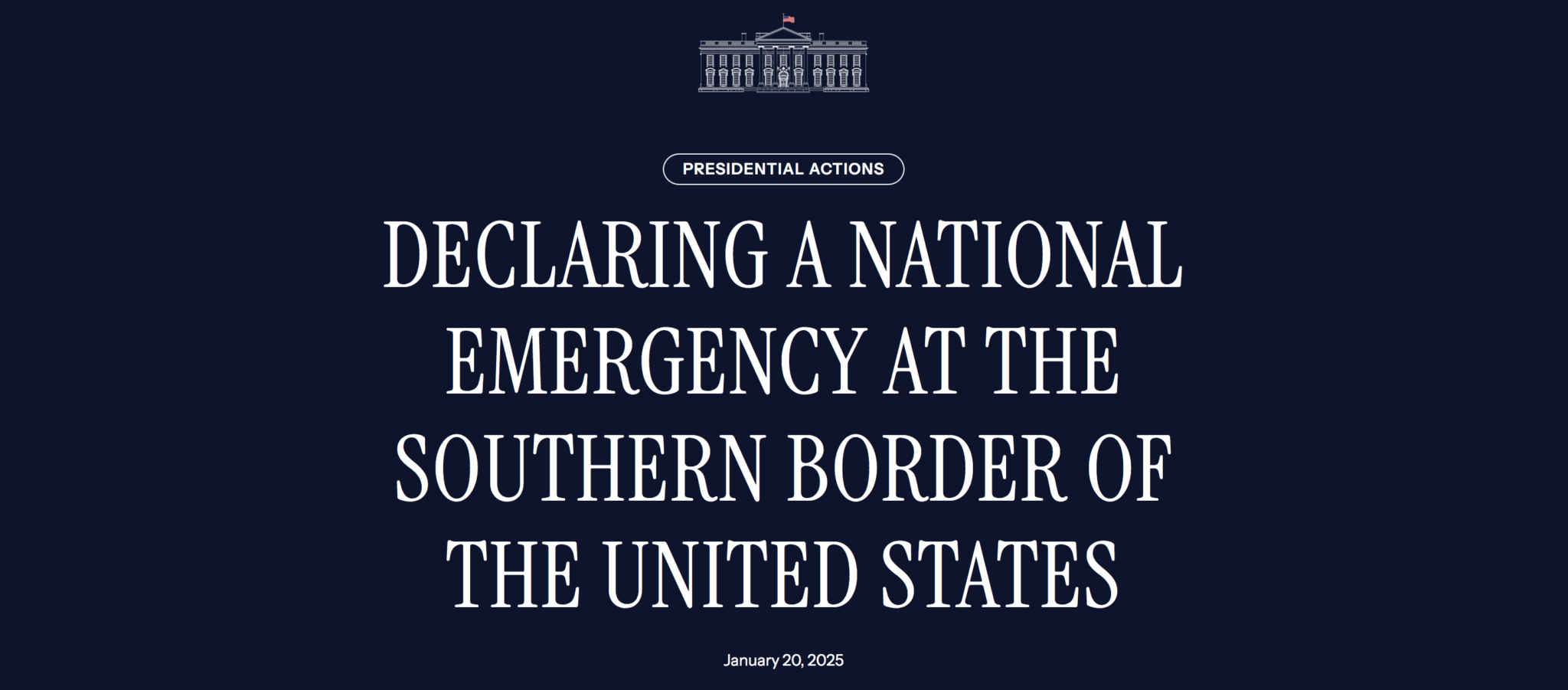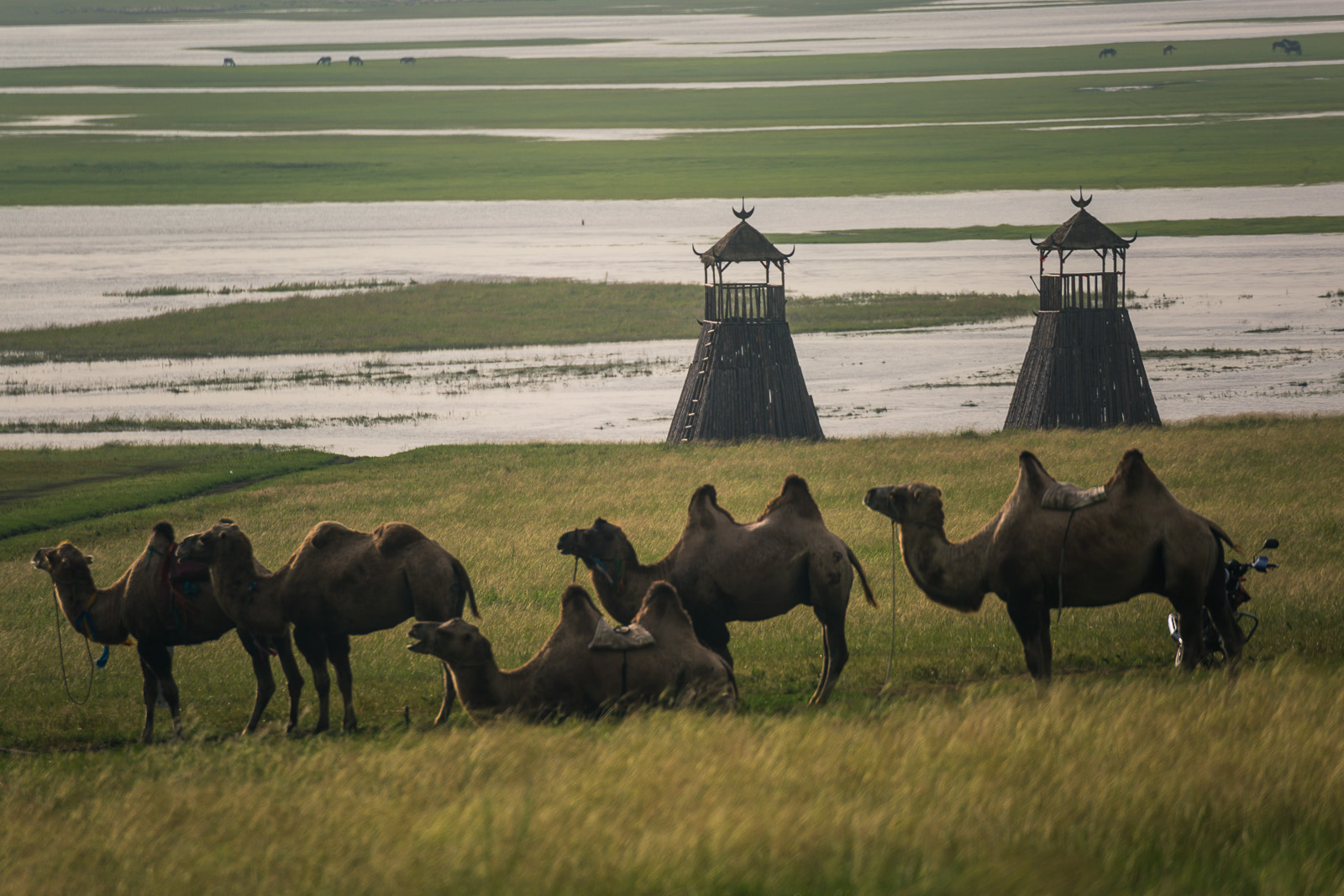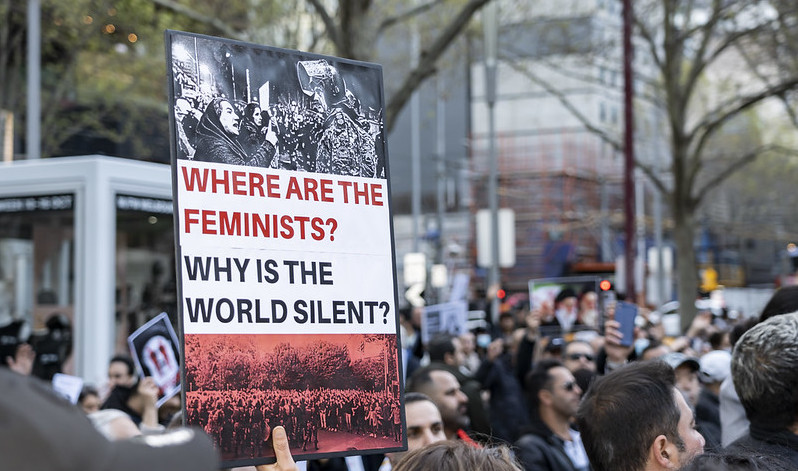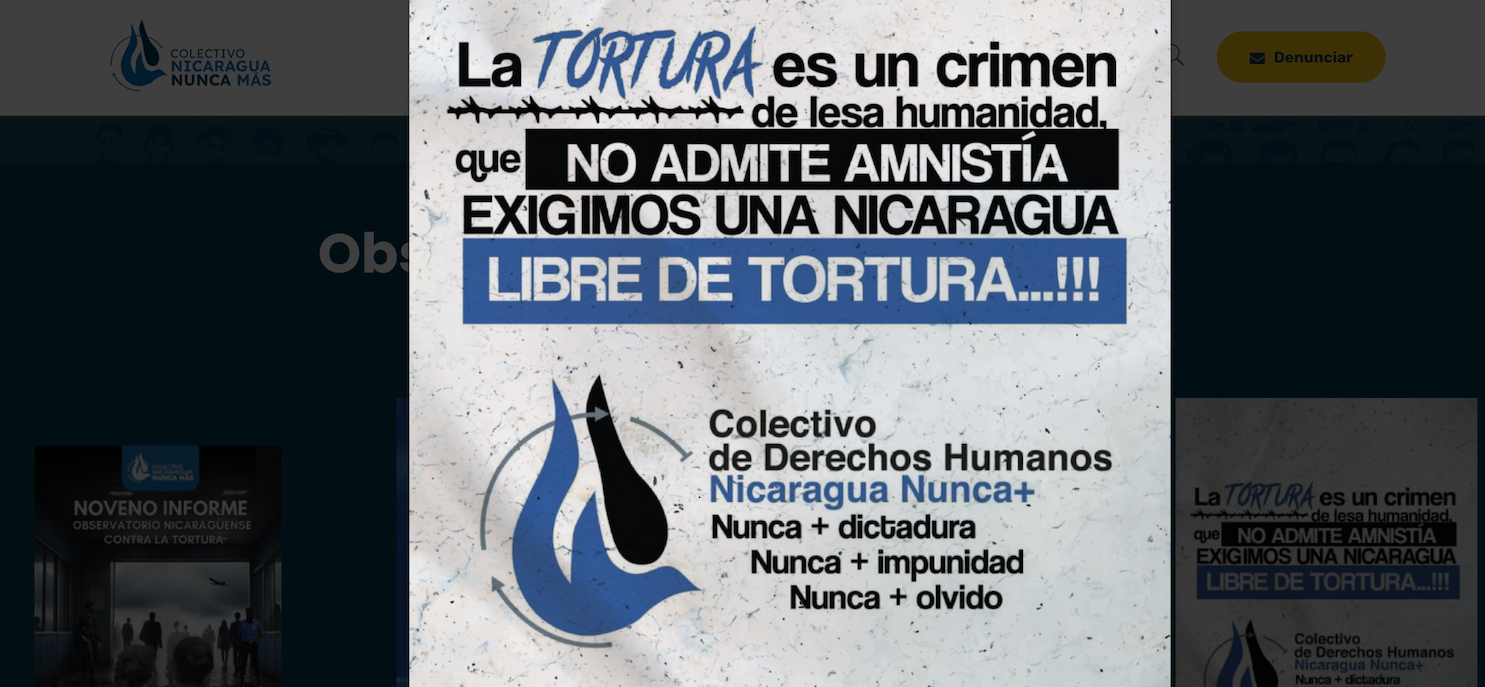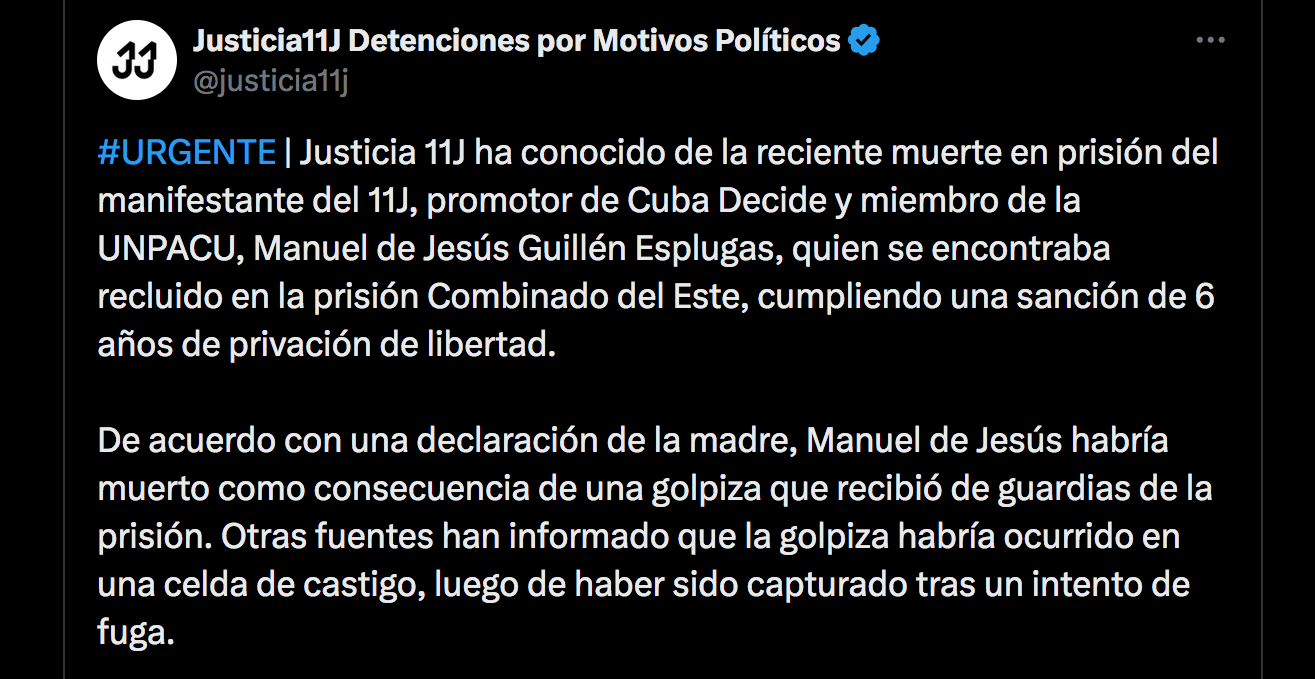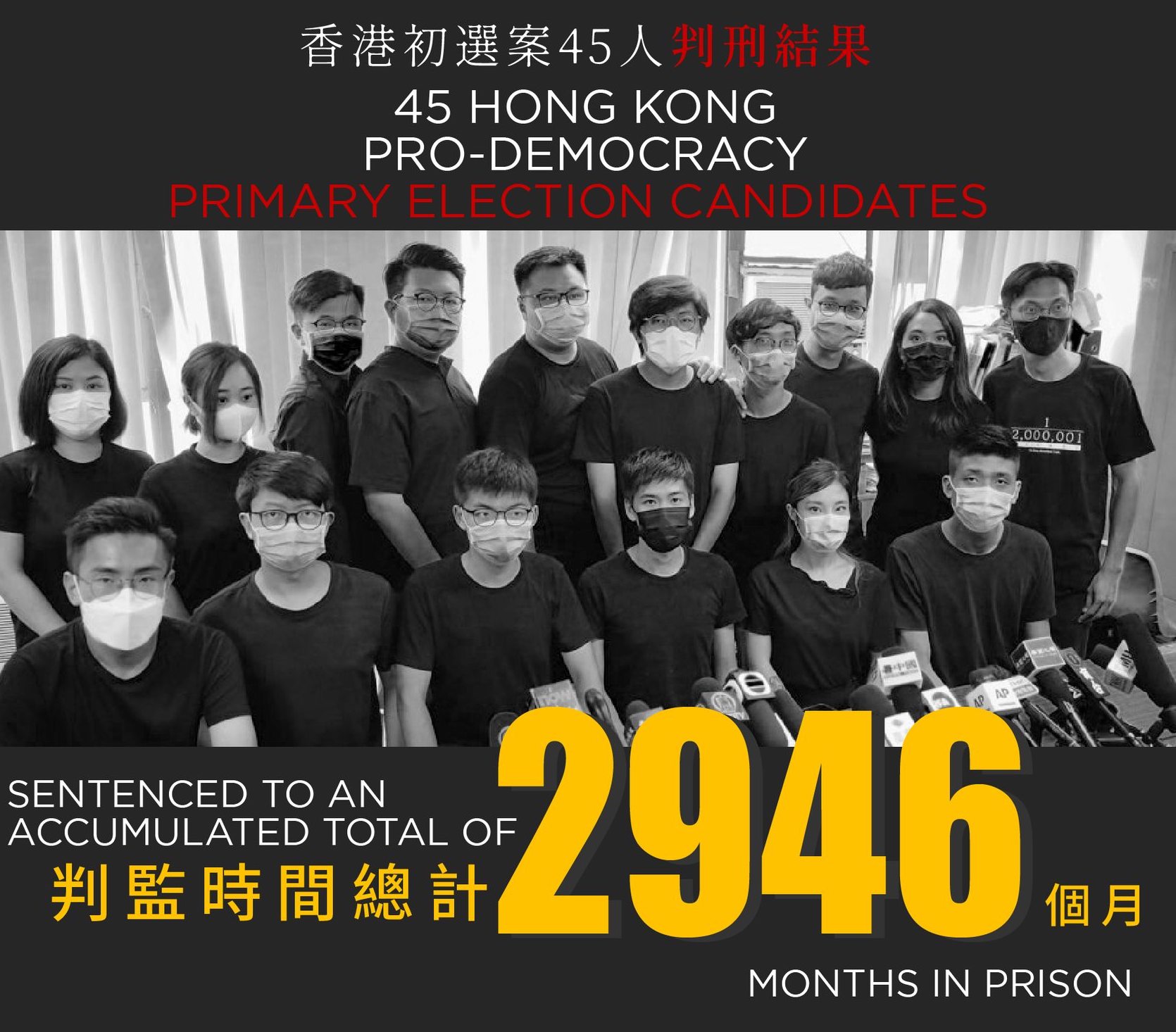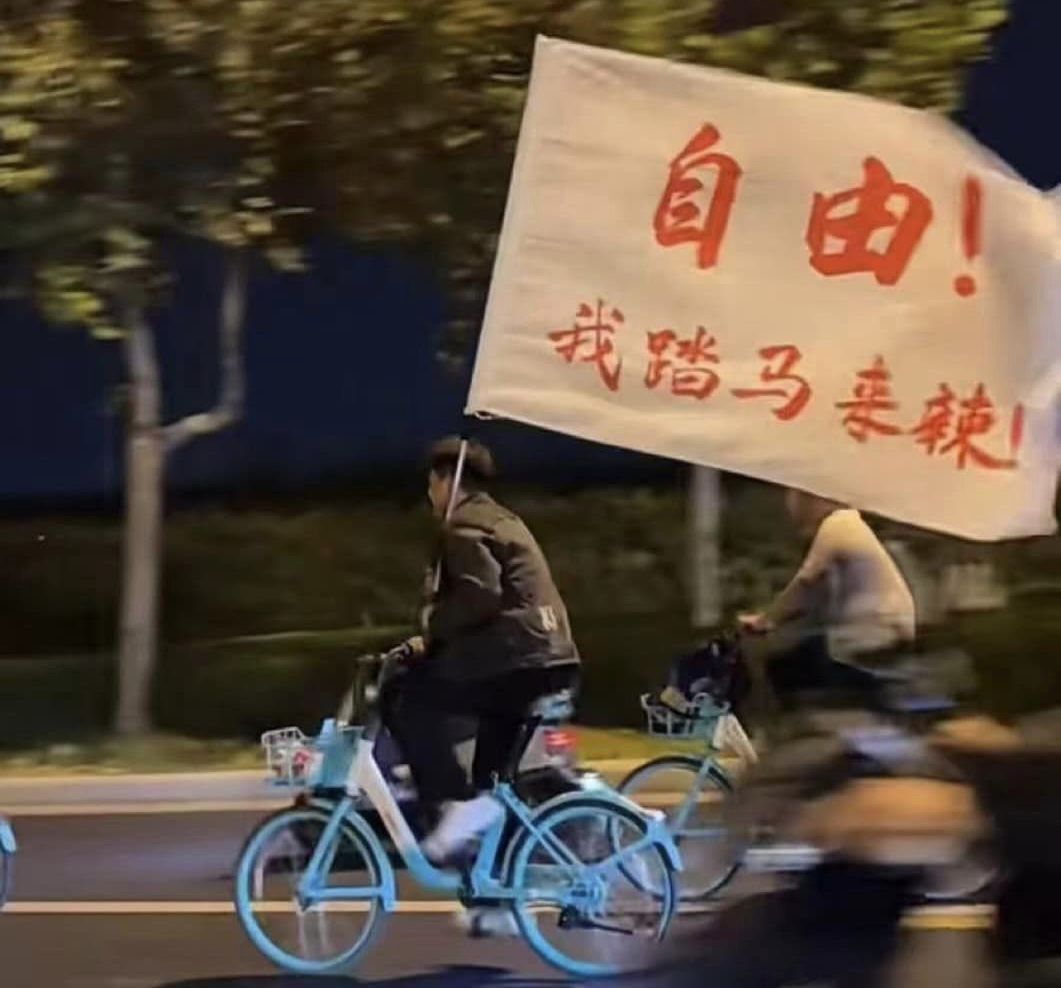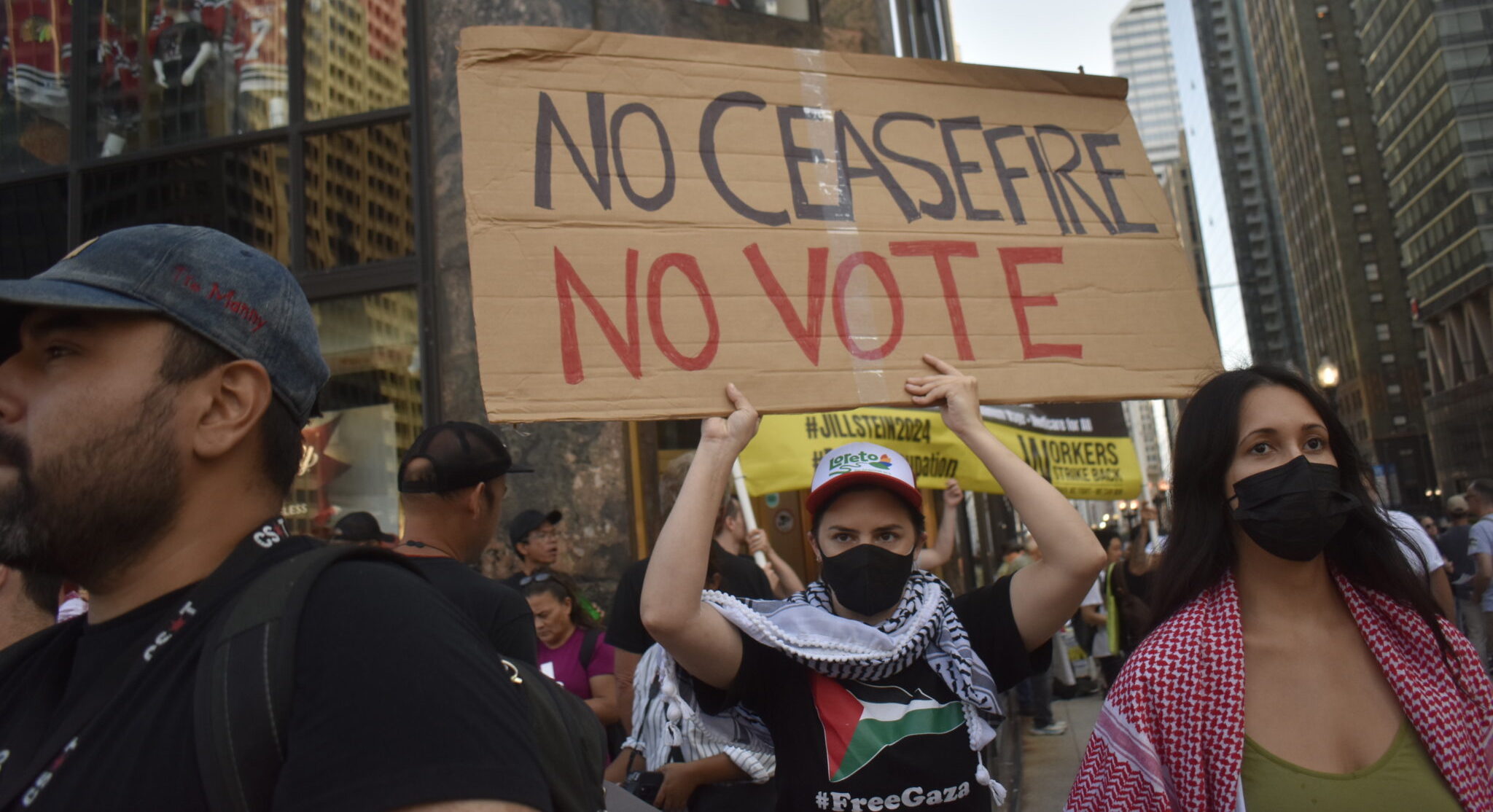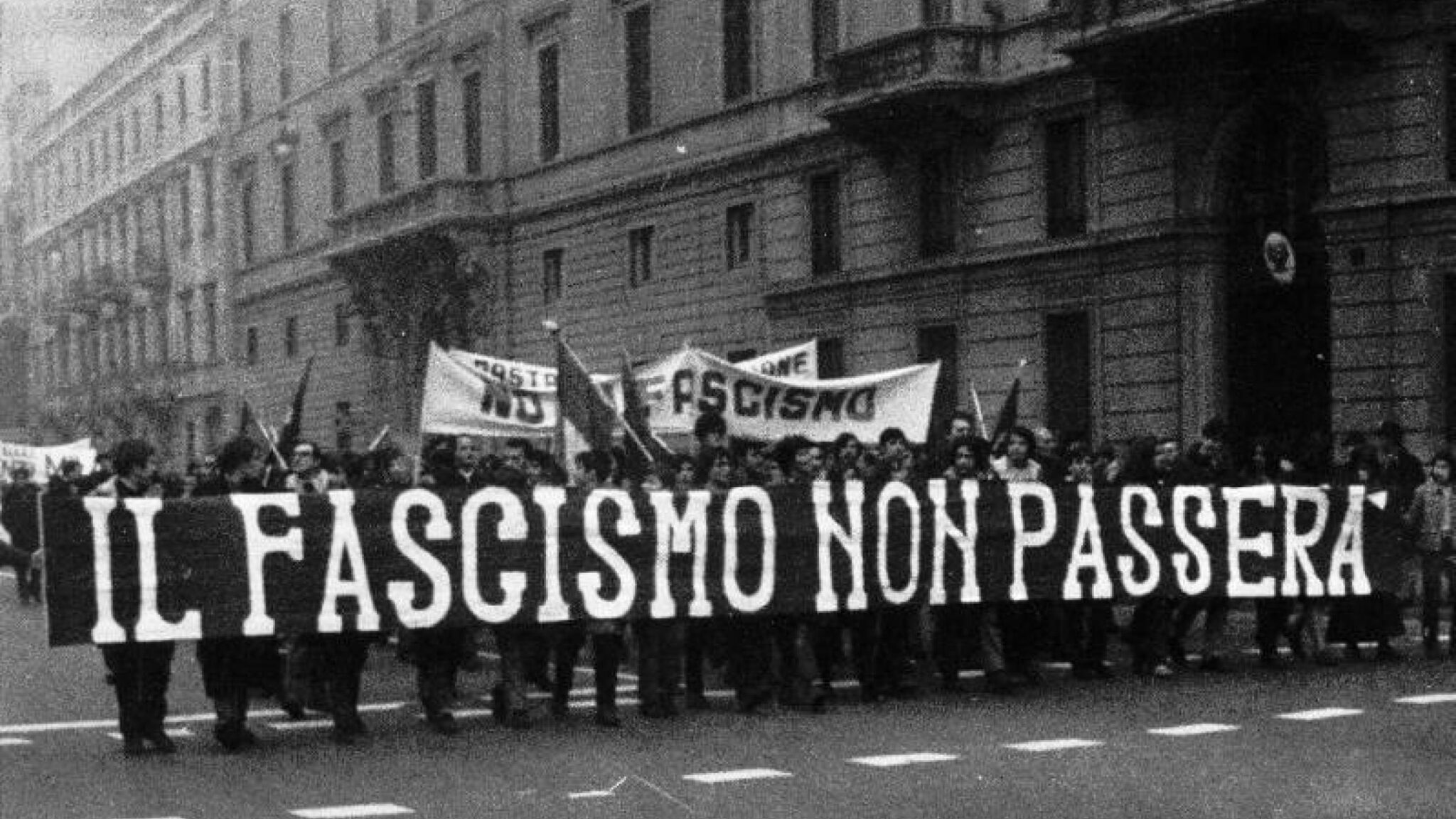
Podcast: Is it fascism yet?
In Episode 263 of the CounterVortex podcast, Bill Weinberg deconstructs the moves by the unconstitutional Trump regime to consolidate a dictatorship over the United States—attempting to seize autocratic control over the bureaucracy, and (in a case of fascist pseudo-anti-fascism) weaponizing concern with anti-Semitism to suppress free speech while institutionalizing indifference to (and consciously enflaming) all other forms of racism. And this as Elon Musk (a private-sector oligarch given extra-legal power over government functions) tells a rally of the Nazi-adjacent Alternative für Deutschland that Germany has “too much of a focus on past guilt.” It took Hitler mere weeks to establish a dictatorship after coming to power, whereas with Mussolini it took some three years. We shall soon find out how long it will take in the United States—unless the country can find the wherewithal to resist. Listen on SoundCloud or via Patreon. (Photo via CEPR)




